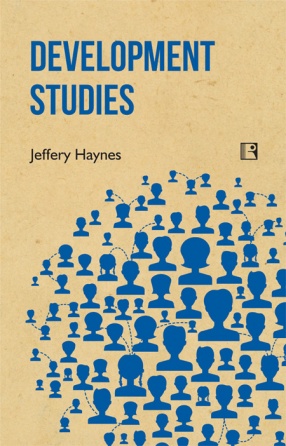‘Development’ first emerged as a subject area in the second half of the twentieth century. After the Second World War, scholars and practitioners sought to study the causes of poverty and so-called ‘underdevelopment’ in a more systematic and sustained way. These days, the substance of development studies – especially in relation to the developing world – focuses mainly on poverty reduction and improving ‘human development’. It is a dynamic field whose importance cannot be understated as the gap between rich and poor grows seemingly ever wider.
In this short overview of the field, Jeffrey Haynes adopts a chronological and conceptual approach to introduce students to the central themes and theoretical perspectives in the study of development. In particular, he examines the emergence and consolidation of development theory and explores the internal and external factors which influence development in poorer regions of the world. Haynes also looks at key issues which impact upon the success of development including globalization, conflict, the environment, gender and human rights.
This book will appeal not only to students of development studies, but also to those interested in the politics, economics and sociology of the developing world.
Contents: 1. What is development? 2. History of development. 3. Globalization. 4. Political economy of development. 5. Politics of development. 6. Religion and development. 7. The natural environment. 8. Human rights and gender. 9. Development in the 21st century: new issues and approaches.





There are no reviews yet.